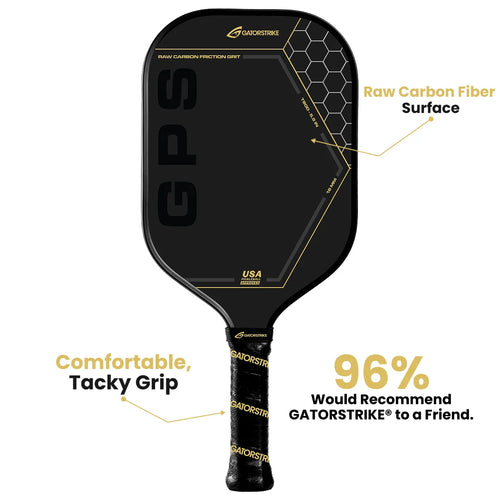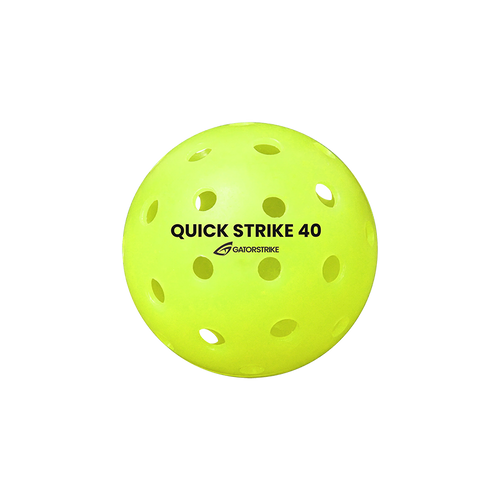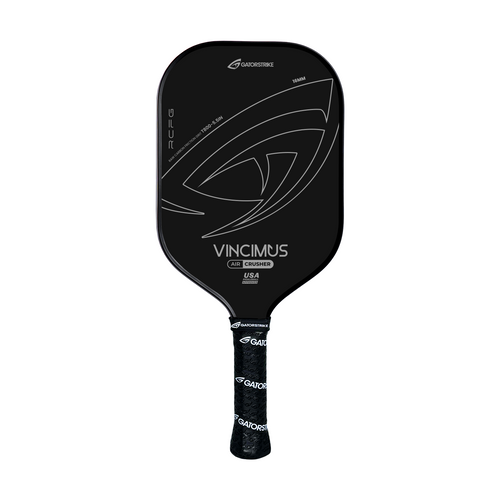
Pickleball Sport: The Ultimate Social Game
Share
Introduction: The Rise of Pickleball as a Social Phenomenon
In recent years, pickleball has surged in popularity, not just as a competitive sport but as a significant social activity. Its rise from a backyard game to an international sensation is a testament to its unique ability to bring people together. Unlike many sports that emphasize intense competition or physical prowess, pickleball is as much about connection and community as it is about athletic skill. This dual appeal has made it the ultimate social game, drawing players from all walks of life to the courts, where friendships are formed and bonds are strengthened through play.
The Origins of Pickleball’s Social Nature
Pickleball’s roots are steeped in social interaction. Invented in 1965 by three friends—Joel Pritchard, Bill Bell, and Barney McCallum—pickleball was designed as a game that families and friends could enjoy together. The creators intentionally made the game easy to learn and play, with simple rules that allowed for casual competition and plenty of laughter. This foundation of inclusivity and enjoyment has remained a core aspect of pickleball, making it a sport where the emphasis is as much on having fun with others as it is on winning. The social nature of pickleball is not just a byproduct of the game; it is embedded in its very DNA.
Pickleball’s Inclusive Appeal
One of the reasons pickleball has become such a powerful social sport is its inclusive appeal. Unlike sports that may require specific physical attributes or a high level of skill to participate, pickleball is accessible to virtually everyone. Its low-impact nature makes it suitable for players of all ages, from young children to seniors. Additionally, the game’s pace can be adjusted to match the abilities of the participants, allowing beginners to enjoy the game alongside more experienced players. This inclusivity fosters a welcoming environment where people from diverse backgrounds can come together, making pickleball a melting pot of ages, cultures, and skill levels.
Building Connections on the Court
The social dynamics of pickleball are evident every time players step onto the court. The game’s doubles format, where teams of two face off, naturally encourages teamwork and communication. Partners must coordinate their movements and strategies, leading to a sense of camaraderie and mutual support. Even in singles matches, the close proximity of players fosters interaction, whether it’s through friendly banter, words of encouragement, or post-match discussions. This constant engagement with others turns every game into a social event, where the competition is spirited but the connections made are even more significant. It’s not uncommon for casual acquaintances to become friends through the shared experience of playing pickleball.
Pickleball as a Community Builder
As pickleball has grown, so too have the communities that revolve around it. Local pickleball clubs have sprung up in cities and towns around the world, providing a space for enthusiasts to meet, play, and socialize. These clubs often organize events, such as tournaments and social gatherings, that bring players together outside of regular games. The sense of community extends beyond the local level, with national and international pickleball organizations hosting larger events that attract players from different regions and countries. These gatherings are more than just opportunities to compete; they are celebrations of the sport and the connections it fosters. Through pickleball, a global community has emerged, united by a shared love of the game and the relationships it builds.
Pickleball Events and Social Gatherings
Pickleball events are a major draw for players who value the social aspect of the game. Tournaments, whether casual or competitive, are as much about the experience of coming together as they are about winning. These events often include social activities, such as group dinners, mixers, and award ceremonies, that allow participants to bond off the court. Pickleball leagues also provide a regular opportunity for social interaction, with weekly matches that bring players together consistently. Even outside of organized events, impromptu games in local parks or recreation centers often turn into social gatherings, with players chatting between sets or meeting up for coffee afterward. In pickleball, the line between sport and social activity is delightfully blurred.
Pickleball: Bridging Generational Gaps
One of the most remarkable aspects of pickleball is its ability to bridge generational gaps. The game’s simplicity and adaptability make it a rare sport that can be enjoyed by family members across multiple generations. Grandparents can play alongside their grandchildren, and parents can team up with their children, creating a shared activity that everyone can participate in. This intergenerational play strengthens family bonds and provides a unique way for different age groups to connect. In a world where generational divides can often seem stark, pickleball offers a way to bring people together, fostering understanding and mutual enjoyment across ages.
The Future of Pickleball as a Social Game
As pickleball continues to grow in popularity, its role as a social game is likely to expand even further. The sport’s inclusive nature, combined with its ability to build communities and foster connections, positions it perfectly for continued success. As more people discover the joys of pickleball, it is poised to become not just a recreational activity, but a central part of social life in communities around the world. Whether played casually in a neighborhood park or at a large-scale tournament, pickleball will continue to be a game that brings people together, creating lasting friendships and strengthening the social fabric of the communities it touches. The future of pickleball is bright, and its impact as the ultimate social game is only beginning to be realized.

















